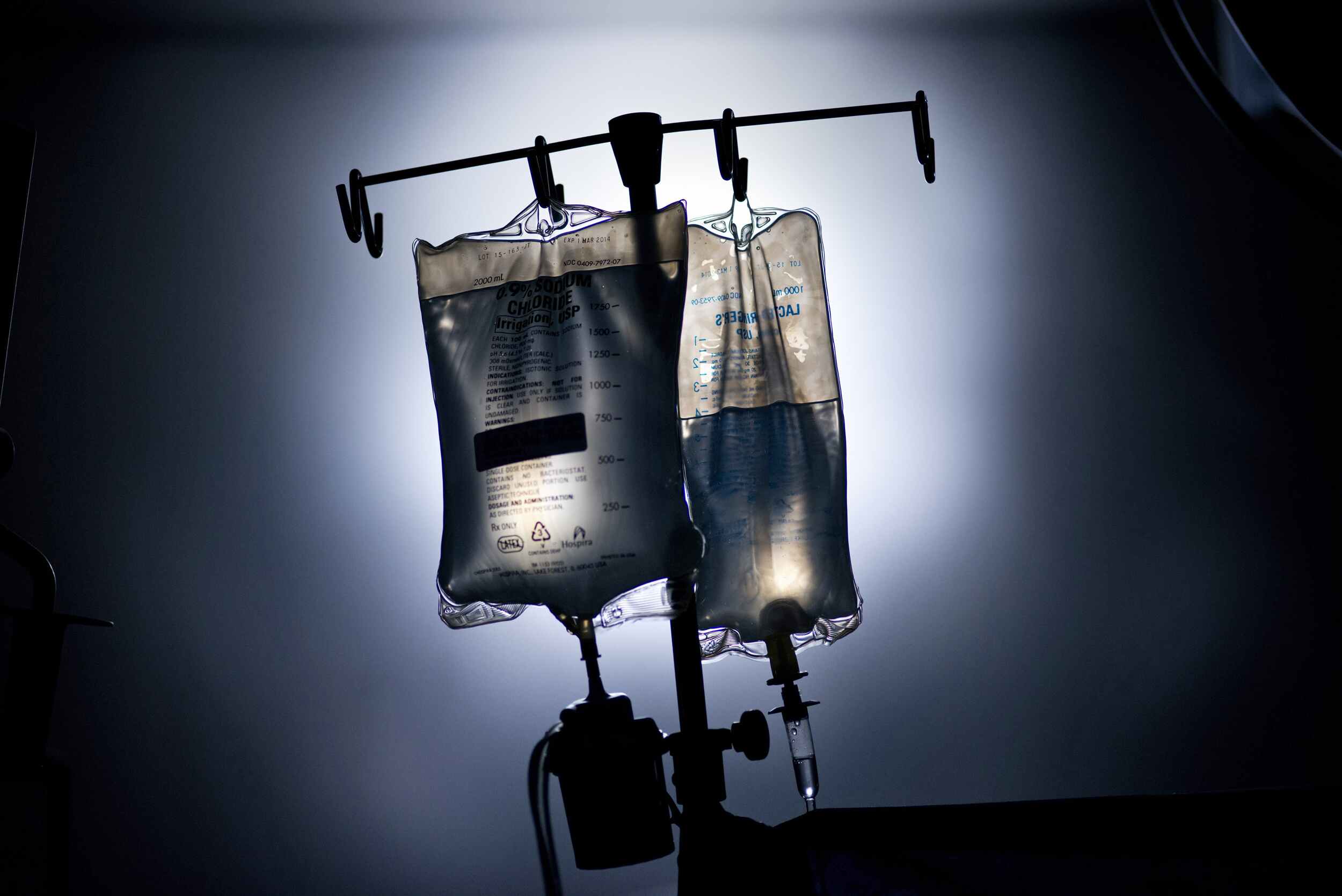Critical Shortages of Cancer Drugs Push Doctors to Make Life-or-Death Decisions Amidst Rationing and Side Effect Concerns

“The oncology shortage is especially critical… I’m very aware of the consequences if you can’t get needed chemotherapy,” warns FDA Commissioner Dr. Robert Califf as 14 cancer drugs face scarcity, leaving doctors in a harrowing predicament. The Senate Committee on Homeland Security and Governmental Affairs reports that drug shortages have reached record highs, with new shortages surging by nearly 30% from 2021 to 2022. The dire situation persists, with a staggering 295 active drug shortages at the end of 2022, the highest in five years.
Dr. Julie Gralow, Chief Medical Officer of the American Society of Clinical Oncology, laments the gravity of the situation, emphasizing the broad applicability and significance of these drugs in treating numerous diseases. Carboplatin, a vital chemotherapy agent used for various cancers, including breast, ovarian, head and neck, and lung cancer, finds itself among the drugs in shortage. Dr. Lucio Gordan, President of Florida Cancer Specialists and Research Institute, reveals the extent of the crisis, stating they were completely depleted of the drug for nearly two weeks, expressing, “I’ve been doing this for 20-plus years. This is the worst I’ve ever seen.”
Florida Cancer Specialists attempted to prepare for the shortage by rationing doses of carboplatin, but eventually ran out entirely. Patient Carrie Cherkinsky, who discovered the shortage through a Facebook support group, was devastated when she couldn’t receive her scheduled chemotherapy. Frustrated, she questions the accountability for this life-saving treatment’s unavailability. Not only is carboplatin effective, but it also boasts fewer side effects and lower toxicity compared to alternative medications. Dr. Angeles Alvarez Secord, President of the Society of Gynecologic Oncology, cautions that compromised survival outcomes and increased treatment costs are unfortunate consequences when substituting with less effective alternatives that come with more toxicity.
The shortage’s impact reverberates across the nation, with doctors in at least 40 states facing shortages of at least one chemotherapy drug, as revealed by a survey conducted by the Society of Gynecologic Oncology. Dr. Eleonora Teplinsky, an oncologist at Valley Health System in New Jersey, expresses the devastating consequences, highlighting the emotional toll on cancer patients who expect the best available treatment. These drug shortages add to the stress already burdening medical providers, who are battling burnout from the pandemic and scrambling to secure life-saving treatments. Dr. Gordan acknowledges the added strain, stating, “This is another curveball that impedes us to do the best we can.”
The unpredictability of shortages catches providers off guard. Suppliers halt orders without warning, leaving medical facilities in the lurch. Keri Carvill, a patient diagnosed with triple-negative breast cancer, experienced delayed treatment due to the scarcity of carboplatin. The situation is stressful and frightening for patients like Carvill, who require immediate and aggressive treatment.
The current carboplatin shortage stems partly from quality concerns at Intas Pharmaceuticals, a manufacturing facility in India. However, experts argue that the core issue is more chronic, attributing it to the industry’s low profitability and difficulties in technological investments. Intas Pharmaceuticals reassures that it is working with the FDA to release existing inventory and resume manufacturing, but the timeline remains uncertain. The FDA is collaborating with other manufacturers to increase carboplatin availability, but lasting solutions will require intervention from Congress and the White House to address the underlying problems. Dr. Teplinsky urges her social media followers to contact elected officials, advocating for timely production of chemotherapy drugs and long-term policies to prevent such crises from recurring, stressing that delaying care leads to adverse outcomes and that immediate action is imperative to prevent further harm. The urgency to rectify this critical situation cannot be overstated.
In conclusion, the widespread shortages of cancer drugs have plunged doctors into a distressing predicament, with rationing doses and resorting to alternative treatments that often come with more side effects. The scarcity of vital drugs like carboplatin has disrupted the lives of cancer patients, leaving them questioning the accountability for their denied life-saving treatments. The impact is far-reaching, affecting hospitals and cancer centers nationwide, while healthcare providers grapple with the added burden of securing vital treatments amidst an already strained workforce. The lack of warning from suppliers exacerbates the crisis, catching medical facilities off guard and leaving patients in limbo.
The underlying causes of these shortages lie in the low profitability of the pharmaceutical industry, hindering investments in technology and quality control. While efforts are being made to address the immediate shortage, long-term solutions require comprehensive intervention from Congress and the White House. Advocacy from medical professionals and patients alike is crucial in urging elected officials to prioritize the timely production of chemotherapy drugs and implement policies to safeguard against future shortages. The consequences of delaying care for cancer patients are severe, underscoring the need for swift action to prevent further negative outcomes.
It is a race against time to ensure that individuals battling cancer have access to the best available treatments and that the devastating consequences of drug shortages are mitigated. The gravity of the situation demands collective efforts, collaboration, and an unwavering commitment to prioritize the health and well-being of those affected by cancer.

